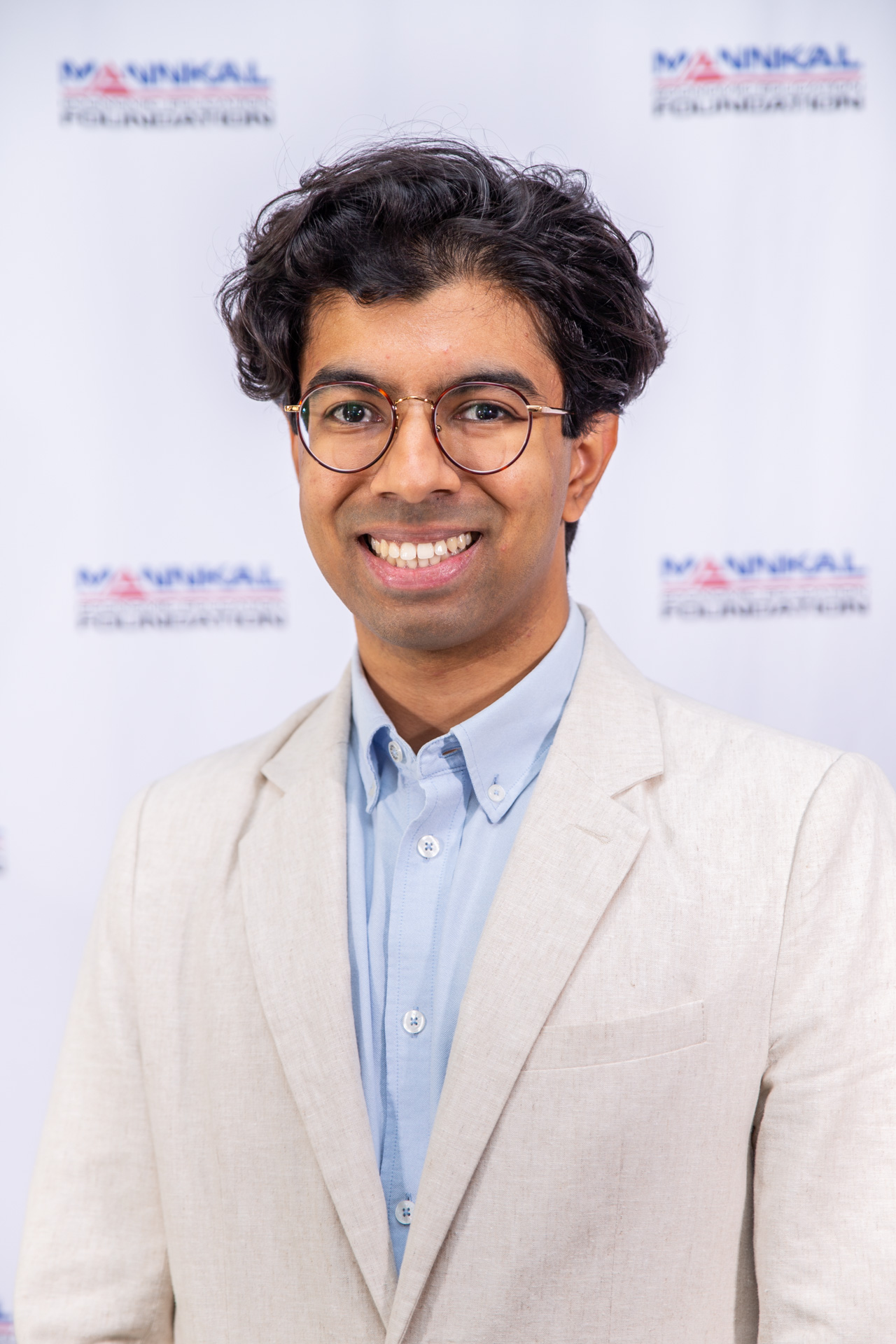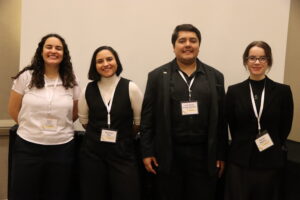I recently had the privilege and pleasure of attending the History of Economic Thought Society Australia’s (HETSA) annual conference in beautiful, not-so-sunny Sydney, and it was a thoroughly enriching and insightful experience. The three-day event was an opportunity for academics and postgraduate students to showcase their recent research into various historical aspects of the economics profession.
One of the first highlights from the conference was Associate Professor Miriam Bankovsky’s presentation on “Contraception and Poverty in Early British Economic Thought”. Her insightful comparisons with France during the same period provided a nuanced understanding of how differing approaches and attitudes to family planning may have influenced economic outcomes. As someone with an irrational fascination with the late 19th and early 20th century history, I had to flag A/Prof Bankovsky down after her presentation and learn more about her research into French population dynamics. Thankfully she shared my enthusiasm and recommended some useful French books on the subject.
Book recommendations quickly became the common thread weaving together all my conversations during the conference. I was thrilled to meet, for the first time, a young professional from the Treasury who shared my love of the great political economy historian, Adam Tooze. He provided me with sage advice on how to navigate the Australian Public Sector as a graduate student, and we have continued to keep in touch and send each other books after the conference.
Another standout presentation came from Mannkal’s very own Nathan Cuthbertson, who reviewed Pareto, Olson, and Ostrom’s literature on “Concentrated Benefits and Dispersed Costs”. It was an eloquent and poised exploration of one of Mannkal’s core principles and a great complement to the Public Choice Theory unit I am currently studying at Notre Dame. Nathan’s presentation inspired me look further into Elinor Ostrom’s writings, as I feel her institutional design principles strikes the most pragmatic balance between free markets, private property rights, and state intervention – an increasingly relevant question in today’s economic landscape as highlighted by Lyndon Rowe’s recent seminar.

On the final day, we were treated to a series of richly researched and thought-provoking presentations from a contingent of scholars from the Japanese Society for the History of Economic Thought (JSHET). I was surprised to learn how influential and relevant Marxism continues to be in Japanese economic thought and it was fascinating to see how they employ a Marxist lens to favourably interpret Adam Smith’s moral philosophy – a rather bewildering proposition on first glance! Furthermore, it was interesting to note their emphasis on French thinkers such as François Quesnay, Frédéric Passy, and Frédéric Bastiat, whose contributions to economic thought are often underrepresented in Australian academic discourse.
Throughout the conference, I had the opportunity to connect with numerous scholars and students, which deepened my appreciation for the discipline of economic history. I gained valuable insights into the rigorous processes involved in sourcing and vetting primary information, reinforcing the importance of meticulous research in thesis construction and historical narratives. The dinner discussions proved to be equally valuable, with presenters sharing their experiences and advice regarding postgraduate study. Their insights will undoubtedly guide me as I consider my academic journey moving forward.
All this would not have been possible without the generous financial help and enthusiastic hospitality afforded to me by the Mannkal Economic Education Foundation and HETSA. I would also like to thank my economics lecturer, Dr Riko Stevens, for his hard work organising the conference and the Young Scholars Initiative, and for his tireless advocacy of economic history at Notre Dame. HETSA 2024 will be remembered as one of the great conferences in the annals of the history of economic thought.






